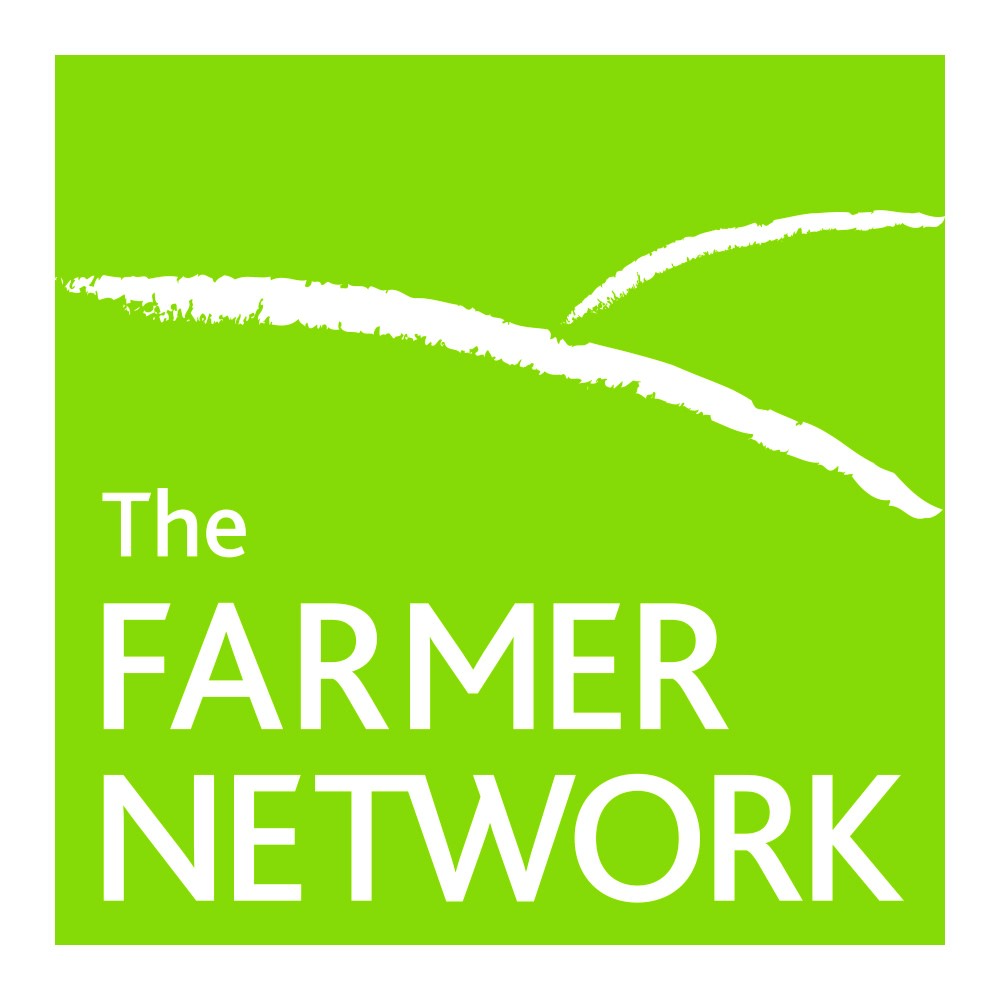Context
This project follows on from the Fellfoot Forward Whole Farm Carbon Pilot (part of the Heritage Funded Fellfoot Forward Landscape Partnership Scheme) In December 2021 in partnership with The Farmer Network we worked with five farms and calculated their carbon footprint using The Farm Carbon Toolkit . We chose to work with the farm carbon Toolkit because it’s free to use, has been created by farmers for farmers and because it takes a whole farm approach to emissions and sequestration with a focus on soil health.
When we discuss “carbon” we are actually referring to CO2e or carbon dioxide equivalent which is a measure of the three main greenhouse gases; carbon dioxide, nitrous oxide and methane. Carbon is used as a term to encapsulate all three of these gases under one metric so we can compare items such as fuel alongside the biological systems seen in livestock on a like for like basis.
The toolkit supports farmers in measuring their baseline carbon impact and looks at practical actions that can maximise carbon sequestration. This can be done through improved soil organic matter (SOM), tree and hedgerow planting which improves shelter belts, flood resilience management and sequestration. Reduced fertiliser usage leads to fewer nitrous oxide emissions. Efficient farm machinery and vehicle usage can reduce carbon dioxide emissions and an improved stock management model can impact on methane emissions.
Farmers were asked to collect and input a variety of data associated with their business into the calculator which stores the info and can be updated as changes are made on an annual basis. This provides evidence on what to prioritise from a carbon and cost saving perspective and allows then to explore how changes to their management practices can reduce emissions.
During the pilot, a few things were identified to be missing from the overall picture. Our team at CAfS wanted to support farmers to explore renewable energy and energy efficiency for their farms and farmhouses and these were not included in the toolkit.
Farms are assessing the environmental impact of their business and working alongside CAfS to implement ways to reduce their carbon footprint.
We are keen to know how much energy would be displaced from the grid when renewables are put in place. We want to support farms to become energy independent, giving them a long-term sustainable energy supply, reducing their fuel bills and demand on the grid. To consolidate the learning, we have worked closely with 5 farm types to see what the costs and opportunities could typically be to reduce a farm’s carbon footprint. We’re interested in exploring micro renewables, compatible off grid solutions and Solar PV installations on barn roofs.
Outcomes
At the end of the project, we’re hoping that the farmers we speak to will be more informed on renewable energy sources and confident about what’s on offer for them. To this end, we’ll be hosting stakeholder events and webinar training to upskill farmers on renewables.
We are also hoping to provide training to farmers on:
- Managing the farmhouse and buildings for energy efficiency / retrofit
- On farm renewables – unlocking potential
We will be working closely with Electricity North West to provide support and information on technical issues – grid capacity and anticipated future need.
Fill out this pre-application assessment form and email it to: [email protected]
Reports
Fellfoot Forward Farm Solar Report and introductory guidance by our independent solar consultant Donna Munro.
This review offers a good starting point for any farmer considering installing solar PV and provides a list of considerations and information on local installers here in Cumbria.
Case Studies
The Farmer Network
The Farmer Network is a key partner in this project as they will carry out the engagement with farmers on our behalf. They think about farming as a community as we do on other projects like Ambleside to Zero.
We are aware that we need to develop a relationship with farmers that will allow them to have a viable business while meeting the challenges of climate change.
The end result will be that we are armed with a lot more data about farmers and what challenges they face with carbon reduction.









